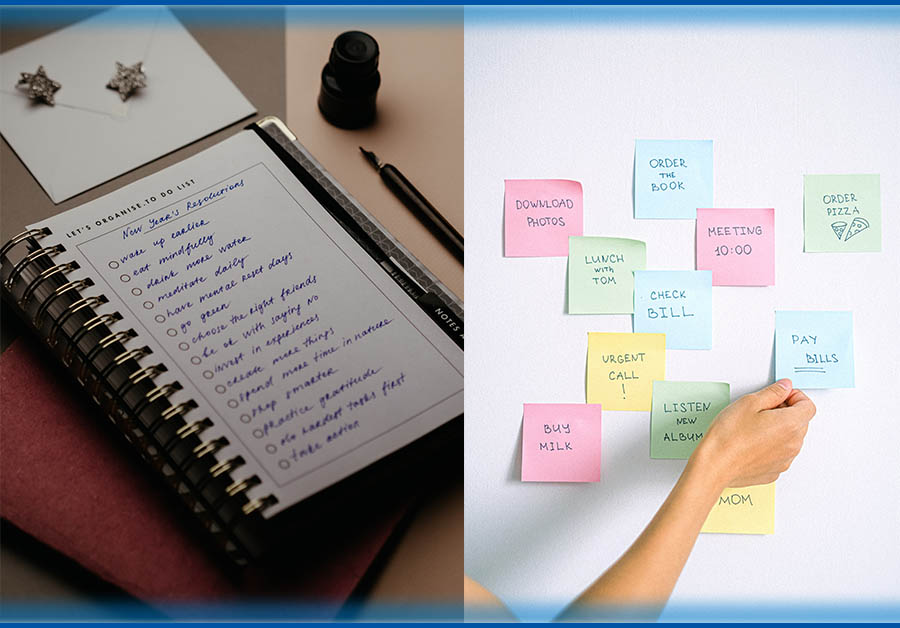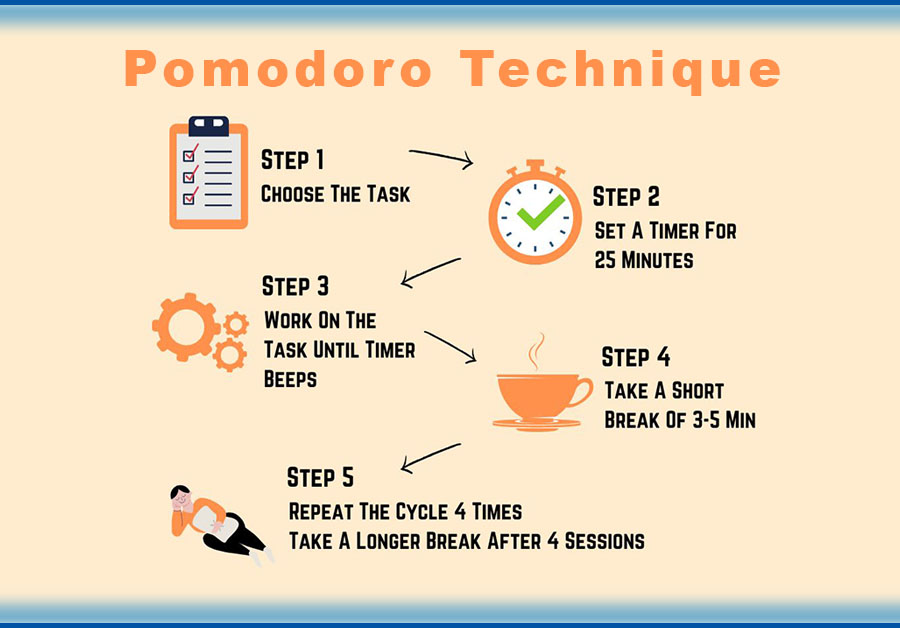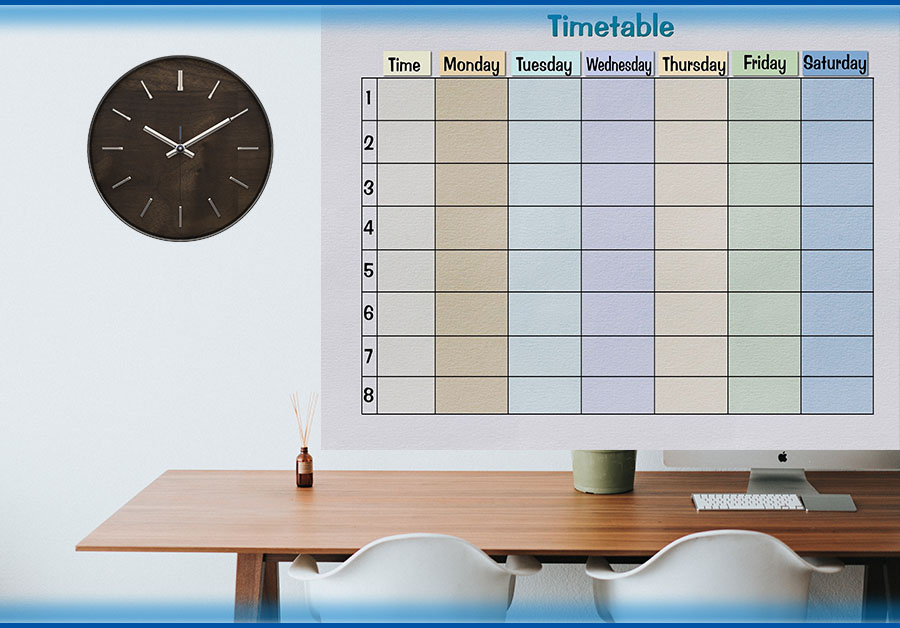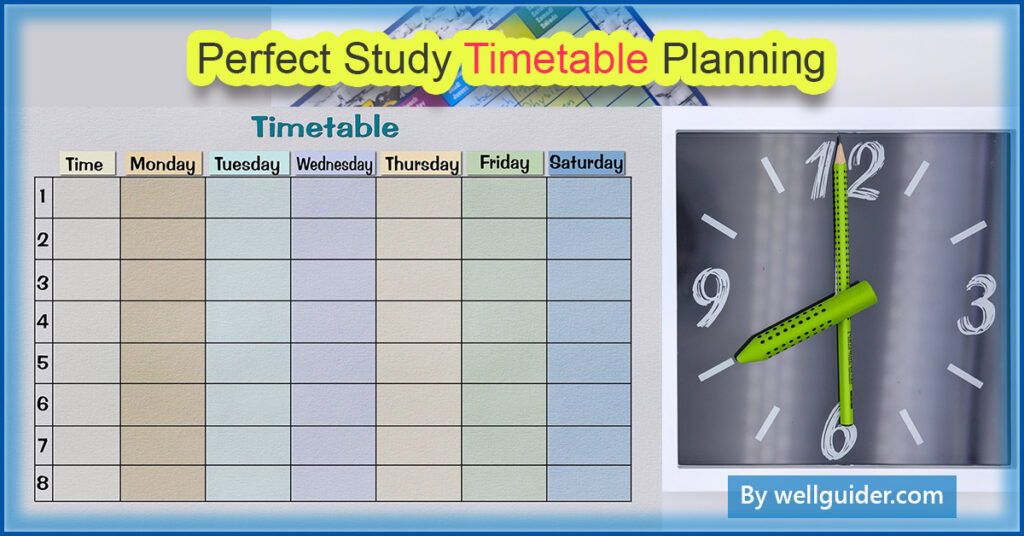As a student of a school, college, university, or any other interest of study, making a study timetable can give you an effective time management strategy. A proper plan and routine are very important to achieve perfect results in any field of life. It can help you to achieve success with good results.
If you want to be well organized and punctual in your student life, then you should adopt a perfect timetable for studies as well as other daily activities. You can divide your tasks according to your available time, interest, subject complexity, and daily life activities to well approach desired results.
Study Timetable/Schedule: It is a plan that shows at what time a certain activity will happen. A list of study activities that organizes study throughout the day. We can plan it weekly, monthly, or yearly according to our requirements and available time period. For each activity, a timetable generally specifies a starting and an ending time for an activity. Typically a short time duration for a subject on the timetable is called a period. Therefore, a timetable is very useful in planning ahead.
Read also: How do toppers study?
Tips to Make Study Timetable
Student makes a number of timetables and plans for their education career, but can’t follow them properly. The first step you have to take is your decision to follow the timetable with consistency.
Yes, it is true that nothing is impossible, but you have to be realistic and you should plan a timetable that supports you not just realize that study is a burden. Decide what you can do. Only Put those things in your timetable which you can do and after that, you should have to do. Once a plan is designed, stick to it. Don’t overload yourself. Keep it easy and interesting, not a burden.
Is it Only for Yourself or For a Group Study? There are different ways of studying. First, know which style best suits you for your study. Group study is a great way of learning. If your plan is to study with your friends then, you have to plan your timetable with the help of your group fellows. Avoid the company of those who have a careless attitude.
There are no hard and fast rules for making a timetable but according to your requirements, class level, learning style, learning ability, total available time, and free hours in a day.
1. Make a List of To Do Things

When you decide your way of studying (personal or group study), make a list of to-do things. Include all your daily activities in your schedule.
Academic goals:
- Write down your weak and strong points
- Write down all the subjects
- Expected assessments and tests
- Time for making notes
- Revision hours
- Your school or college timing
Non-Academic:
Reserve time for non-academic activities
- Breakfast, Lunch, Dinner
- Hobbies and Games
- Rest, Sleep and Exercise
- Social media, TV, or Friends Meeting
- Family time or religious services
- And all other possible
- Must add breaks
2. Prioritize Your To-Do List

After having all of your list of to-do things ready, arrange it in a way of priority:
- According to the importance of the subject
- According to the complexity of the subject
- Give a percentage or stars out of 5 to each task and then arrange it up to down
- Arrange according to your level of interest in the subject but don’t underestimate any subject. In the academic year, every mark in any subject has the same value
Put a number, starting with one, next to all of your subjects or exams.
3. Consider Short-term and Long-term Goals
Short-term goals might include passing a test expected the next Monday, preparing a test within 1 week, or designing a presentation within 2 days. For such projects, break the task and make a short timetable for it.
Long-term goals might include achieving 90% plus marks in the final year, winning a scholarship, or completing the syllabus 2 months before final exams. For these goals, break down your goals by week and month to make them more flexible and manageable.
Read also: Tips to Study Consistently for Long Hours
4. Add Pomodoro Technique in Your Timetable

Include a Pomodoro technique of studying in your timetable.
- Choose one topic to work on at one time
- Set a timer for work according to your time (20 to 25 minutes)
- For the time period, give 100% attention to the topic.
- After this period, take a short break
- Now, continue the topic until you finish
5. Calculate Your Remaining Time

Your study timetable may be at the start of your academic year, in the middle, or you may have a short period of time for achieving a specific goal. You have to count the remaining available time and the best time for your study. Your plan may be for a test or quiz.
- Count how many free days, weeks, or months are available.
- How much time should be devoted to each subject?
6. Filter Suitable Hours for Your Study

This is the most important point when you are planning a timetable. You have to decide and reserve the best time for your study. You have 24 hours a day.
You may have free time at night which is the best time to read free of distractions and disturbance. It all depends upon you because no other one can decide it for you.
You can add exercise and hobbies between study periods which are best to keep you active, energetic, and motivated with your study.
7. Note it On
Keep your timetable in a place that you can see every day. Hang in front of your face at the study table.
On Paper: You can make it on clean paper. Make it clear, and simple, and highlight the important tasks.
In your Mobile: There are some mobile apps available online to track your schedule on your mobile screen. Mobile apps are a handy solution nowadays.
Use Reminder: You can use reminders at the beginning of your routine. It will remind you of the starting and ending times, at the time.
8. Make it Colorful, Well structured, Highlighted, and Interesting

Make your timetable interesting, colorful, and well-organized. You can highlight important tasks or breaks according to your ease.
General Tips
- Email a copy out to your friends so they know when you are free
- Add deadlines to best meet your target
- Schedule time for other activities
Why is a Study Timetable Important?
Study Timetable helps you to maximize and prioritize the things that are of urgency or importance.
It is important for various reasons:
- Increase study productivity
- Helps to achieve better results
- Helps in achieving desired goals
- Helps long-term study plan
- Helps in tracking progress
- Helps in getting through the exams
- Helps in tackling time mismanagement
- Regular studies reduce the level of stress
- We can save ourselves from procrastination
- Proper planning yields better results
Read more: Tips to Focus on Study when Depressed [Mental Health Tips]




Pingback: 12 Tips to Focus Study when Depressed - Study when Sad Anxious
Pingback: Importance of Classroom Rules and Routines | 15 Imp Classroom Rules
Pingback: 10 Tips to Study Consistently for Long Hours - Must Read
Pingback: Top 15 Websites for PPSC, FPSC, NTS, PMS, CSS Exam Preparation
Pingback: 14 Tips to Make Study Notes for Exams - [New Methods]